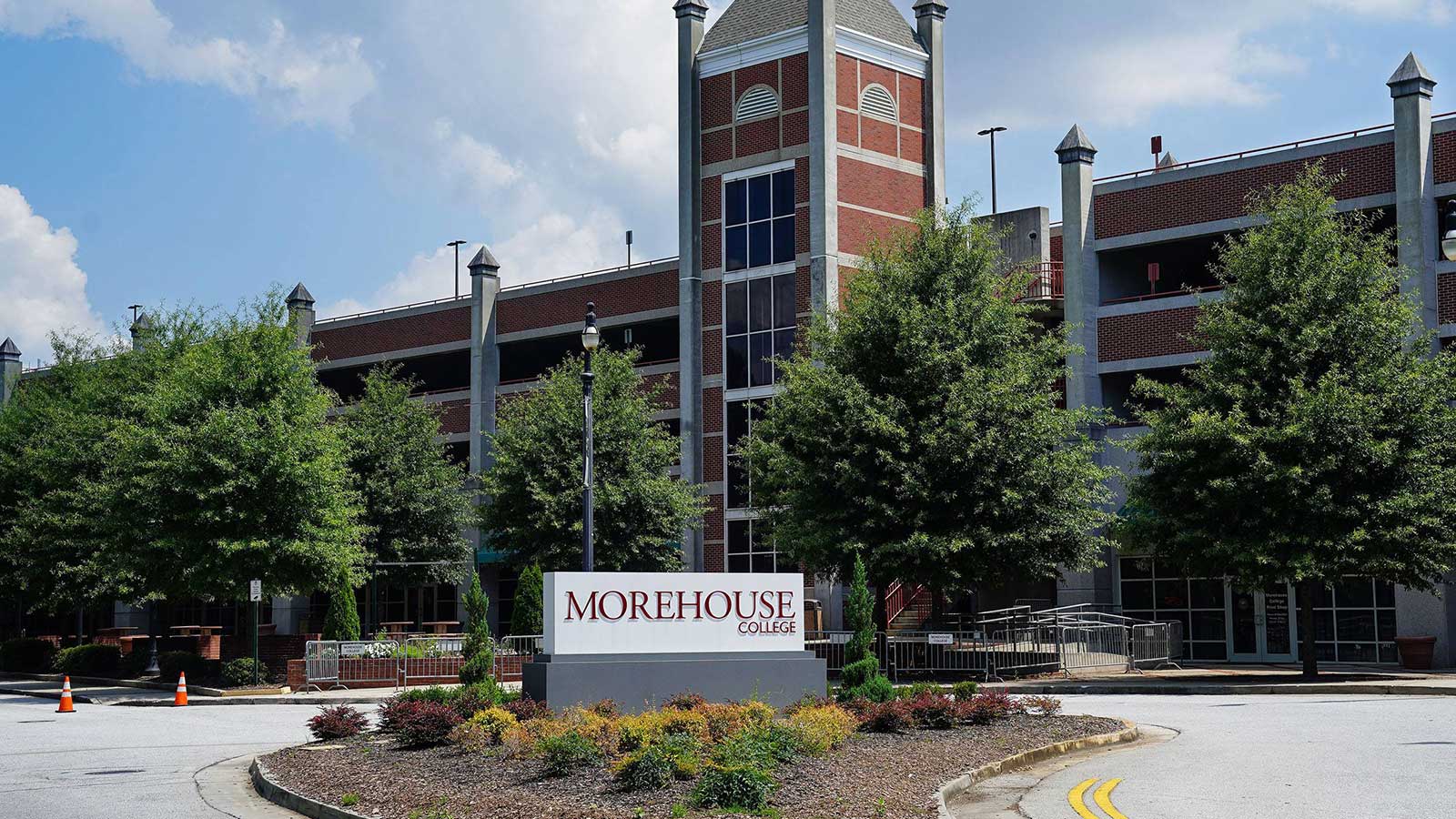The Black Lives Matter movement may have contributed to the high enrollment.
Enrollment at HBCUs have increased since the rise of Black Lives Matter.
According to the National Center for Education Statistics, “The percentage of Black students enrolled at HBCUs fell from 18 percent in 1976 to 8 percent in 2014 and then increased to 9 percent in 2020,” according to the National Center for Education Statistics. Morehouse College in Atlanta, Georgia has seen an increase of over 60% in 2020 from the previous year, Data USA reports. Back in June, The New York Times reported Howard University saw an undergraduate enrollment of 21 percent.
NPR reports this increase could be credited to famous HBCU alums like Vice President Kamala Harris, who is a graduate of Howard University. The increase could also be linked to the Black Lives Matter movement. Founded in 2013, the killing of George Floyd in 2020 sparked a national conversation of race in America and police brutality.
Paulina Webber, a senior at Dillard University, told the outlet, “We saw the height of the Black Lives Matter movement, and then we saw students say, ‘Hey, I want to go to a Black school. I want to be safe. I want to enjoy my time.'”
Walter Kimbrough, interim executive director of the Black Men’s Research Institute at Morehouse College, told NPR HBCUs were critical to the development of a Black professional group.
“Your teachers, your doctors, your lawyers, your ministers — they came out of that HBCU tradition,” he said.
That said, HBCUs are still facing some financial challenges and these are schools impacted over policy and resource allocation questions over affirmative action policies. Analysis by the Latino Policy and Politics Institute at UCLA also found that the COVID-19 pandemic has affected Black student enrollment in overall higher education.
Source: BET News
Featured image: HBCU Morehouse College (Photo: Elijah Nouvelage/Bloomberg via Getty Images)














